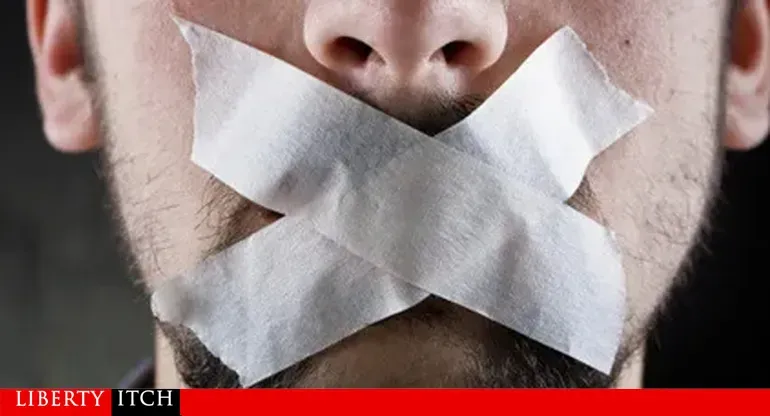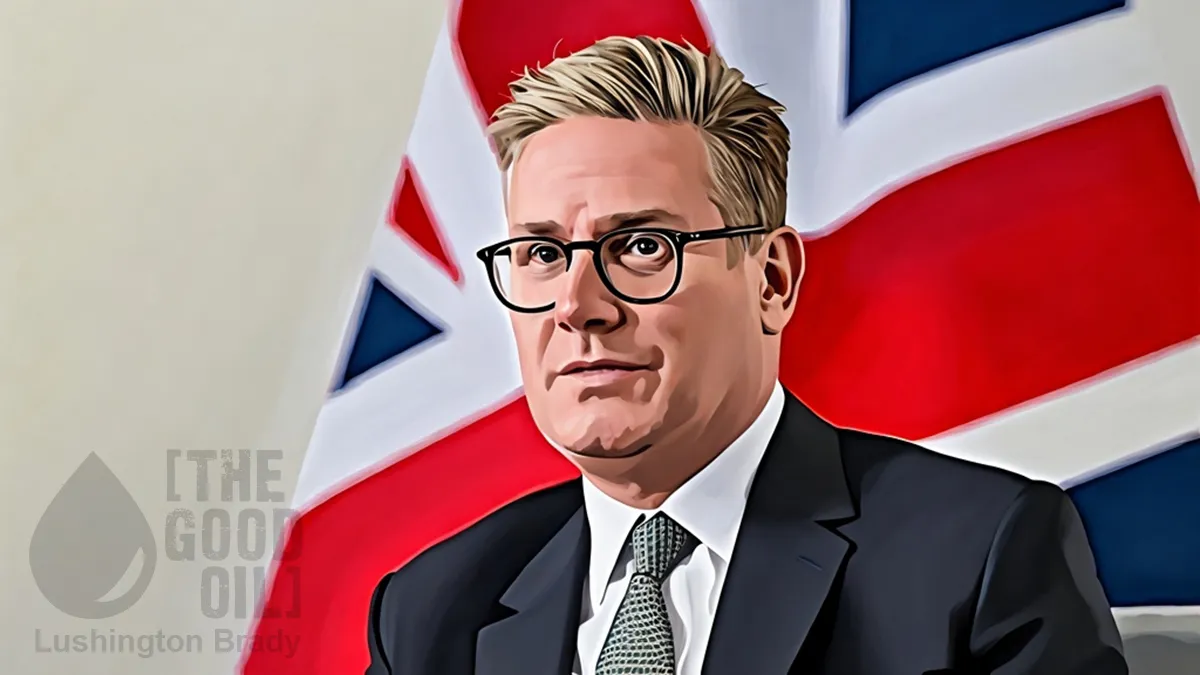Table of Contents
We do not need to imagine free speech as a line or as a circle. There has already been enough consideration of ‘what is free speech’, and reassessing it is a trap.
The history of free speech has woven its way through centuries of societal evolution. It finds its roots in the intellectual and philosophical discourse of great thinkers. Socrates championed the power of open dialogue; however, the more formalised concept of free speech as a fundamental right took a significant leap forward during the Enlightenment era. Philosophers such as John Stuart Mill, in his influential essay On Liberty, and Voltaire, with his famous adage, “I disapprove of what you say, but I will defend to the death your right to say it,” made profound contributions to the philosophical foundation of free speech.
The Enlightenment’s emphasis on reason, individualism and the pursuit of knowledge further fuelled the growth of this concept. It was during this era that the idea of unrestricted speech, untethered from the constraints of the church and state, began to take shape.
- It was seen to foster intellectual progress, challenge authority and ultimately empower individuals to participate in the public sphere as informed and engaged citizens. Who wouldn’t want that?
As societies transformed and modernised, the principles of free speech found their way into legal and constitutional frameworks. The First Amendment to the United States Constitution, ratified in 1791, became a cornerstone of the protection of free speech in the United States. Similar legal protections were established in many other democratic nations, solidifying the importance of this right in the modern world.
The historical trajectory of free speech is marked by its continual evolution and adaptation to changing social, political and technological landscapes.
- While it has been a beacon of liberty and a catalyst for progress, it has also faced persistent challenges, including the ongoing debates regarding its limitations and the responsibilities that come with exercising this fundamental right.
As the concept of free speech gained prominence, it became apparent that some limitations were necessary to strike a balance between the expression of ideas and the prevention of harm. This led to the formulation of laws and regulations aimed at curbing specific types of speech that could incite violence, cause public panic or defame individuals. Notably, the well-known example of not being allowed to falsely shout “Fire!” in a crowded theatre encapsulates the idea that the exercise of free speech should not endanger public safety. These legal boundaries sought to create a framework where individuals could express their views while safeguarding the collective wellbeing. This equilibrium is rooted in the recognition that while free speech stands as a fundamental pillar of democratic societies, it should be exercised responsibly, mindful of its potential to adversely affect others.
These boundaries have been established and seen to be in good working order, e.g. slander and libel laws in many countries like New Zealand, for decades or longer.
- As such, the resurgence of the free-speech debate is not a spontaneous response to public demand but rather a consequence of deliberate efforts by progressive groups to redefine the boundaries of speech and expression.
This redefinition includes concepts like ‘misgendering is violence’, the idea that ‘silence is also violence’ and the categorisation of ‘hate speech’ as a form of violence. These reinterpretations seek to shackle free speech: ultimately influencing the way people think and what they are permitted to express.
Progressives drive this renewed discourse to shift the societal perspective on free speech so that it not only aligns more closely with their own values, ideology and political agenda but also places legal and social limitations on any ideas contrary to their own. This push for redefinition is an outcome of the broad ideological debate where the idea of ‘intolerance of tolerance’ is a pillar of Cultural Marxism.
- This idea is a philosophical paradox where, in the pursuit of tolerance, there’s a perceived necessity to be intolerant toward beliefs or viewpoints that are seen as conflicting with (their) desired social values. Within this context, free speech is an anathema to them and regarded as a direct attack, hence the claim of ‘violence’.
Progressives have deliberately harnessed the power of rapidly changing technology. They’ve leveraged the ‘Big Tech’ platforms to advance their goals and implement new tactics. One notable tactic has been the deliberate polarisation of conversations, aimed at controlling the discourse and stifling support for free speech. These efforts are evidenced through strategies such as cancel culture, the introduction of new restrictive laws, heightened censorship measures and the promotion of ideas originating in Russian and Maoist communist thought, particularly those related to the classification of information as ‘misinformation’ or ‘disinformation’.
Throughout our education system and on MSM, progressives are shaping the discourse with their manipulation of language by pushing terms like ‘transphobia’, ‘Islamophobia’ and deliberate use of labels like ‘Nazi’ or ‘fascist’. These linguistic manoeuvres significantly impact the way issues are framed and discussed and are designed to both demonise and discredit opponents.
To counter these attacks on free speech, discussions of ‘lines and circles’ are worse than useless – we are playing their game.
Instead, both traditional liberals and conservatives should emphasise the importance of precise, respectful and thoughtful communication. By avoiding hasty resort to pejorative terms and fostering civil and substantive dialogue, they can contribute to a more constructive public discourse. But:
- wherever possible do not use the progressives’ words or their concepts.
Push back with carefully constructed but standard refutations.
Additionally, promoting media literacy and critical-thinking skills can empower individuals to discern the nuances of language, identify manipulative rhetoric and engage in conversations that uphold the integrity of free speech, while fostering understanding and respect among differing viewpoints.
This collective effort can strengthen the foundation of open and meaningful discourse in democratic societies, preserving the invaluable connection between ‘language and thought’ while upholding the principles of free expression.
In summary, free speech costs nothing; associating it with cost is falling into an ‘insecurity trap’ set for us by the progressives to open a conversation they never intend to be a dialogue. We should not doubt values that have been developed over centuries; rather we should refute, in our own terms, their attempts to redefine free speech on their, or any other, terms.
Free speech (is not a line or a circle) is communication – it is not violence.









